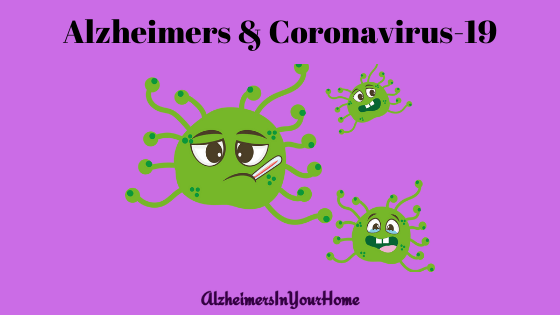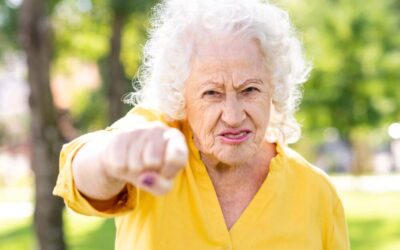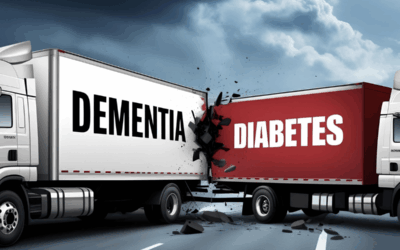COVID-19
Coronavirus disease 2019 (Covid-19) is a virus affecting the respiratory system that is spreading across the world. This virus can be very serious to those over 65 and especially if they have other illnesses, such as heart disease, diabetic, or lung disease. If you are a caregiver in the home for someone with Alzheimer’s or some other form of dementia, you are probably worried about this virus getting into your home.

I am a nurse who currently works in a hospital and I have several family members over 75 with serious medical issues who are in the high risk category for Covid-19. I have a diabetic Aunt with Alzheimer’s on dialysis, an uncle with Alzheimer’s who is missing part of a lung, an aunt with lung cancer, and my mother with COPD. So, as you can see, I am also very worried about Covid-19 getting into our homes.
There is a lot of information being shared regarding this virus. Some of it is true, some of is exaggerated, and some of it is difficult to understand. Fear and anxiety are worse when you don’t understand what is going on. I would like to help you better understand the signs & symptoms of the virus, how it spreads, and what you can do to prevent getting it, and what to do if you do get it.
The 2 most reliable sources for information on this disease are the World Health Organization (WHO) and the Centers for Disease Control and Prevention (CDC). The information I share here is from these two resources.
What are the signs & symptoms of Covid-19?
- Fever is usually the first sign
- Cough
- Shortness of breath
- These symptoms may show up between 2-14 days after being exposed to the virus

How does Covid-19 spread?
The virus is thought to spread mainly from person-to-person.
- Between people who are in close contact with one another (within about 6 feet).
- Through respiratory droplets produced when an infected person coughs or sneezes.
- These droplets can land in the mouths or noses of people who are nearby or possibly be inhaled into the lungs.
Can someone spread the virus without being sick?
- People are thought to be most contagious when they are most symptomatic (the sickest).
- Some people may have the virus and not know it. They may not have any symptoms yet, but they are contagious.
- There have been reports of this occurring with this new Coronavirus, but this is not thought to be the main way the virus spreads.
Can it spread from contact with contaminated surfaces or objects?
- It may be possible that a person can get COVID-19 by touching a surface or object that has the virus on it and then touching their own mouth, nose, or possibly their eyes.
- This is not thought to be the main way the virus spreads.
What can I do to prevent the spread?
- Wash your hands frequently
- Regularly and thoroughly clean your hands with an alcohol-based hand rub or wash them with soap and water.
Why? Washing your hands with soap and water or using alcohol-based hand rub kills viruses that may be on your hands.
- Avoid touching eyes, nose and mouth
Why? Hands touch many surfaces and can pick up viruses. Once contaminated, hands can transfer the virus to your eyes, nose or mouth. From there, the virus can enter your body and can make you sick.

Maintain social distancing
If we stay away from someone who is sick, beyond that 6-foot margin, then the risk of being exposed drops drastically.
- Maintain at least 6 feet distance between yourself and anyone who is coughing or sneezing.
Why do we need to be 6 feet away?
When someone coughs or sneezes, they spray small liquid droplets from their nose or mouth which may contain virus. If you are too close, you can breathe in the droplets, including the COVID-19 virus if the person coughing has the disease.
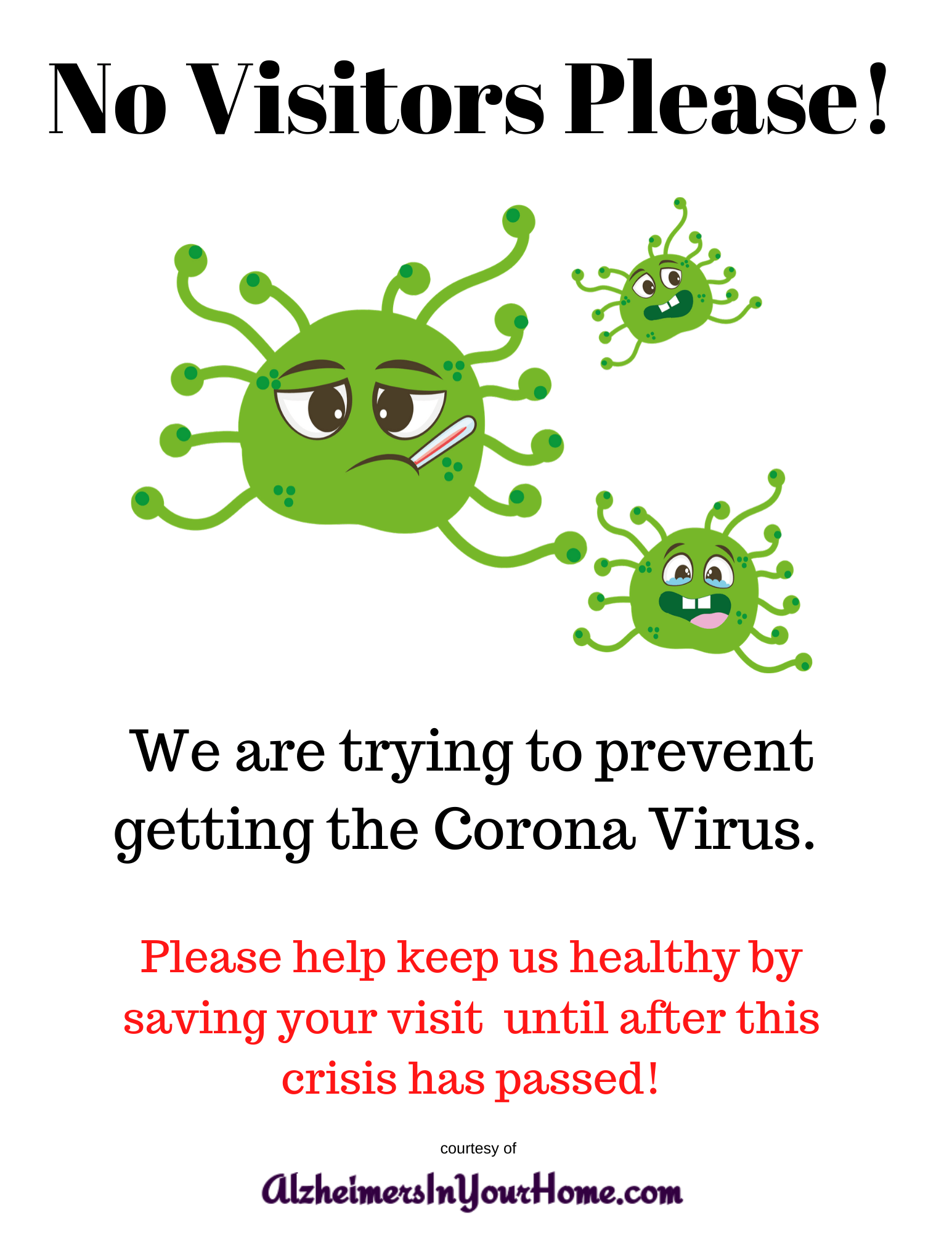
How do we socially distance ourselves?
- Avoid malls; theaters; grocery stores; or anywhere with large crowds.
- Try to stay home and self-quarantine as much as possible.
- Discourage any visitors to the home.
- Stay in contact with others by telephone or internet instead of in person contact.
- Do not go out in crowded places
- Have groceries/food delivered
- Stay inside
- Add a No Visitor sign to your door
Practice respiratory hygiene
Make sure you, and the people around you, follow good respiratory hygiene. This means covering your mouth and nose with your bent elbow or tissue when you cough or sneeze. Then dispose of the used tissue immediately.
Why? Droplets spread virus. By following good respiratory hygiene, you protect the people around you from viruses such as cold, flu and COVID-19.

What to do if you think you have Covid -19?
- Check your temperature a couple of times a day
- If you develop a fever >100.5, a dry cough, and difficulty breathing, seek medical care early.
- Stay home if you feel unwell and call your local hospital or primary doctor’s office for directions.
- Do not go to the hospital unless you are having emergency warning signs.
- Please follow the directions you receive from your local health authority.
Why? National and local authorities will have the most up to date information on the situation in your area. Calling in advance will allow your health care provider to quickly direct you to the right health facility. This will also protect you and help prevent the spread of the virus and other infections to others in your community.
If you develop emergency warning signs for COVID-19 get medical attention immediately. Emergency warning signs include*:
- Difficulty breathing or shortness of breath
- Persistent pain or pressure in the chest
- New confusion or inability to arouse
- Bluish lips or face
*This list is not all inclusive. Please consult your medical provider for any other symptoms that are severe or concerning.
What should you do if you get sick?
If you are not sick enough to be hospitalized, you can recover at home
Self-Quarantine, do not leave your house
Continue to check your temperature
Take a fever reducing medicine if you feel like you need to
Get plenty of sleep
Drink plenty of water
Eat healthy foods such as fruits and vegetables to strengthen your immune system
Don’t share a drinking glass and use your own towel.
If you live with other people, you should regularly clean the communal surfaces you touch often such as doorknobs, faucet handles, toilets, remote controls with a household disinfectant or soapy water.
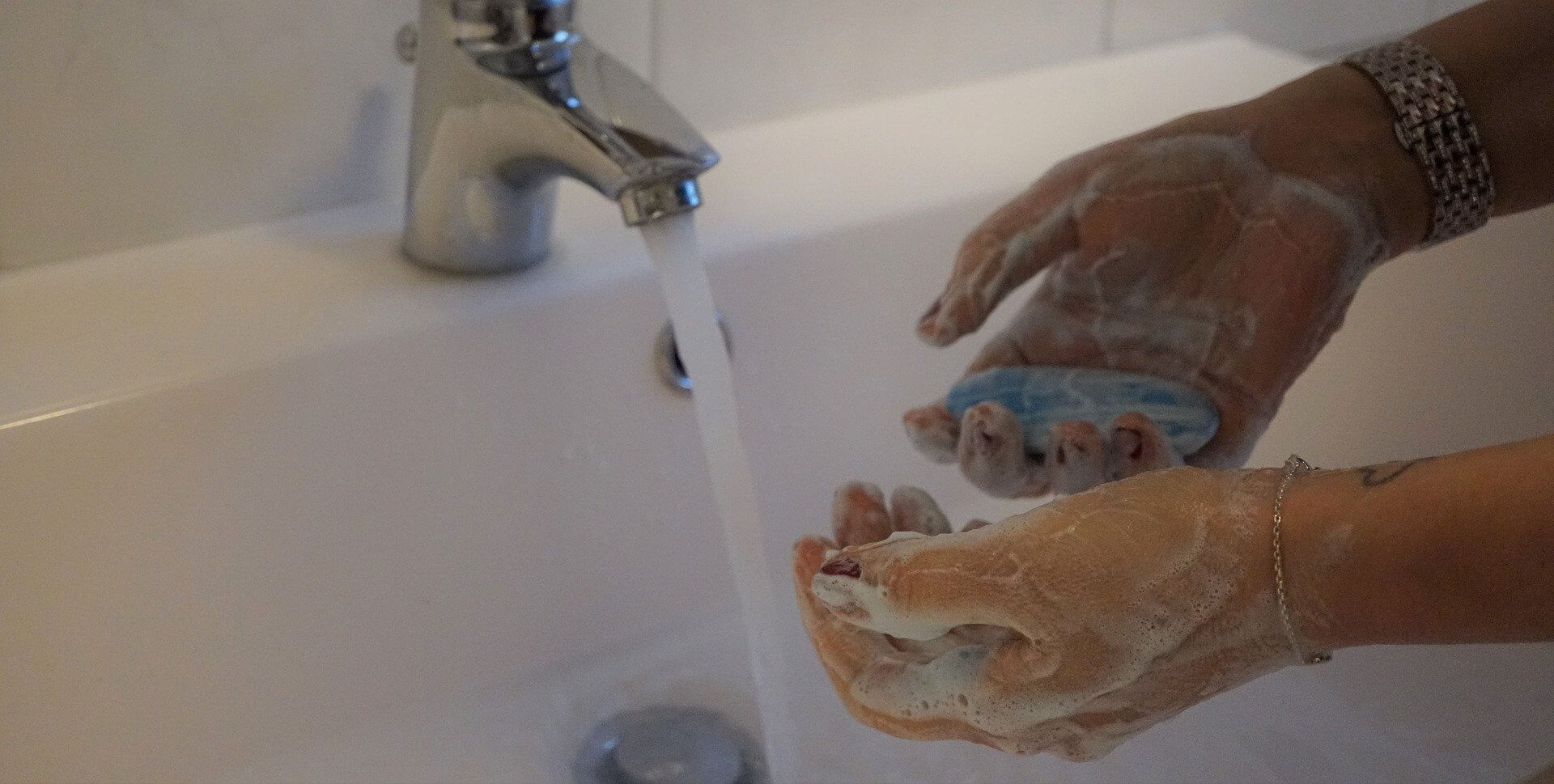
What should you do as a caregiver?
- Know what medications your loved one is taking and have extra on hand.
- Monitor food and other medical supplies (oxygen, incontinence, dialysis, wound care) needed.
- Have an emergency contact list.
- Create a back-up plan, who can help if you get sick?
- Help them wash their hands frequently
Keep your environment calm
Stress during an infectious disease outbreak can include
- Fear and worry about your own health and the health of your loved ones
- Changes in sleep or eating patterns
- Difficulty sleeping or concentrating
- Worsening of chronic health problems
- Increased use of alcohol, tobacco, or other drugs
Remember
If you are stressed your family member with dementia will feel it. This can lead to anxiety, agitation, and behaviors in them.
- Do not become obsessed with the news
- Keep the news channels off or only on for short periods of time
- Take care of yourself
- Continue activities you enjoy
- Talk to friends or family
If you still have questions regarding Covid – 19 please visit these resource sites
Hi, I'm Larea, I am a Registered Nurse specializing in Dementia Care, with 30 years of experience supporting dementia patients and their families. Over the years, I have provided care in diverse settings, including homes, hospitals, nursing homes, assisted living facilities, and hospice. My passion is guiding caregivers, sharing my knowledge and experience to help them navigate the challenges of dementia care with confidence and compassion.

